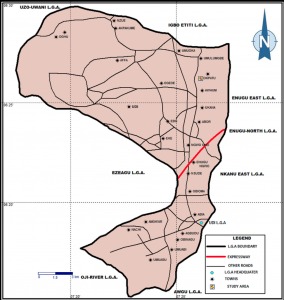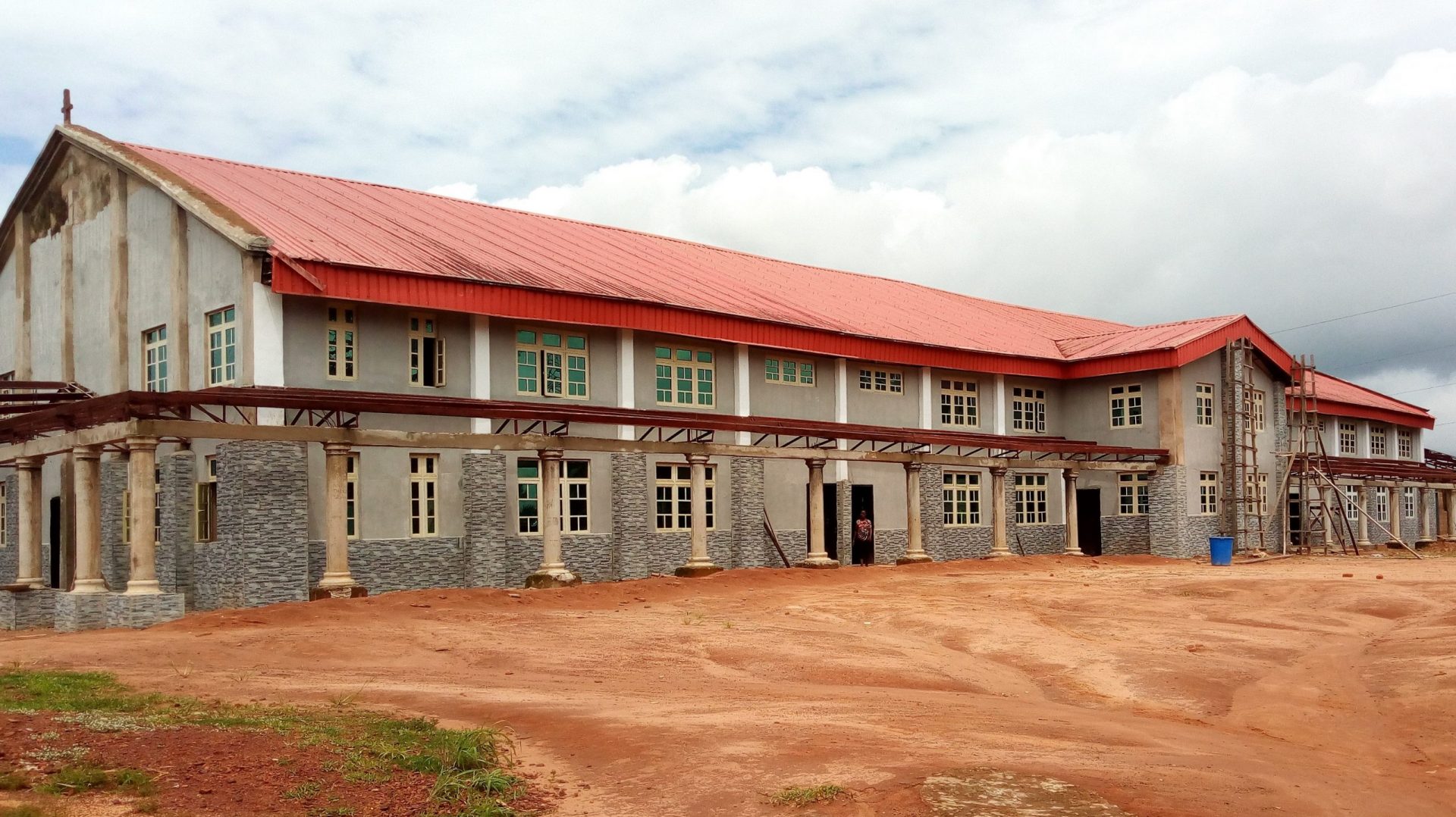 Okpatu is the fifth of seven sons (which metamorphosed into towns) in Ojebe-Ogene Clan. The town is currently divided into two autonomous communities for administrative and political purposes, named Okpatu and Ibite-Okpatu autonomous Communities. This website is for both communities and both will be referred to as Okpatu-ukwuedem.
Okpatu is the fifth of seven sons (which metamorphosed into towns) in Ojebe-Ogene Clan. The town is currently divided into two autonomous communities for administrative and political purposes, named Okpatu and Ibite-Okpatu autonomous Communities. This website is for both communities and both will be referred to as Okpatu-ukwuedem.
According to a history shared by our forebearers, Ojebe (mother) who was married to Ogene (father) bore seven sons namely: Ebe, Abor, Ukana, Awhum, Okpatu, Umulumgbe and Ukehe. These sons were born at Ebe , due to enterprise, exploit and territorial occupation, they moved to various places and procreated to towns, as history have it, when Ojebe-Ogene (their mother) died at their ancestral home, the eldest son Ebe invited all the other six sons for their mother’s burial , only Okpatu hearkened to that call. The singular act established a divine bond between the two brothers (Okpatu and Ebe) which both still share till date. An established tradition of Okpatu Age-grade pilgrimage to the ancestral land (Ebe) is undertaken every ten years when members attain a ripe average age of 70years. It is a gracious moment for all that are alive and healthy to participate. Okpatu-ukwedem is made up of twelve villages. An agrarian community with rich vegetation and topography. Okpatu-ukwedem has two major seasons; dry and rainy seasons, and lies within the rich wooded savannah grassland.
We have two resourceful markets in the community, the main market called Eke-agu market trades two days ( Eke and Afor), while the secondary market the Okpomo-obodo market trades on alternate days, Orie and Nkwo giving the community weekly coverage.
Okpatu-ukwuedem has twelve villages , 6 in each autonomous community;
IKEGHE ‐ OKPATU
1. Umeleme
2. Eziama
3. Amaukwu
4. Umuchime
5. Amagu-Njigbo
6. Amaegbu
IBITE ‐ OKPATU
7. Amani
8. Amoka
9. Amachala
10. Amagu-Umuene
11. Obiagu
12. Amaonugbu
